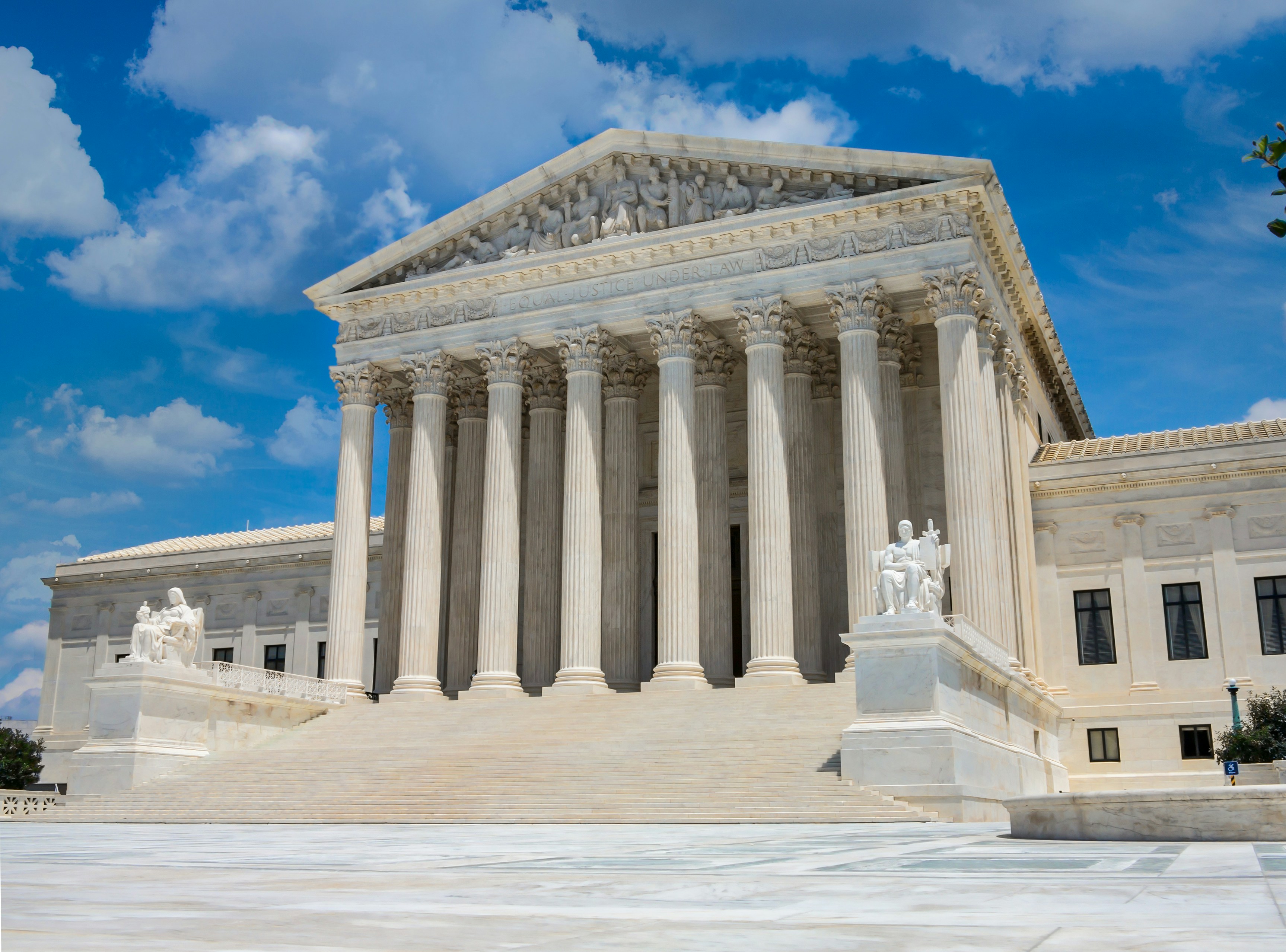The American Institute of CPAs and a coalition of more than 560 organizations representing millions of employers and American workers have sent Congressional leaders a letter urging passage of legislation making it clear that expenses related to a forgiven Paycheck Protection Program (PPP) loan are tax deductible. The letter states that without legislation, there is “…the specter or a surprise tax increase of up to 37 percent on small businesses when they file their taxes for 2020.”
“At the onset of the COVID-19 pandemic, Congress responded with speed, cooperation and an eye to preventing the worst potential economic outcomes. We ask that you bring that same spirit of urgency and cooperation during this ‘lame duck’ session to prevent an avoidable catastrophe for millions of small businesses that, without Congressional action, will face a surprising and, in many cases, insurmountable tax bill next year,” says the letter.
While the Coronavirus Aid, Relief and Economic Security (CARES) Act was designed to provide relief to businesses by allowing the deductibility of expenses related to loan forgiveness, Notice 2020-32, issued by the Internal Revenue Service (IRS), directly contradicts this intent, instead transforming tax-free loan forgiveness into taxable income. AICPA has made repeated calls for Congress to fix this problem.
“Notice 2020-32 clearly circumvents the original intent of Congress with regard to the PPP program,” said AICPA Vice President of Taxation, Edward Karl, CPA, CGMA. “The COVID-19 pandemic has had a severe economic impact on our country and now, more than ever, thousands of businesses need a little extra relief to help them survive. It’s critical that Congress acts on this issue immediately and we strongly encourage them to do so.”
Karl added, “We continue to hear from state CPA societies, our members and CPAs’ clients that the PPP loan allowed them to pivot their business, stay open and keep employees hired during the pandemic. PPP loans have helped organizations manage issues such as supply chain interruptions, sick employees and customers’ changing buying habits. To burden businesses with additional, potentially significant taxes at this time does not reflect Congressional intent.”
A letter cosigned by State CPA Societies from all 50 states and four territories as well as the AICPA has also been sent to Congressional leadership urging immediate action on this issue.
Thanks for reading CPA Practice Advisor!
Subscribe Already registered? Log In
Need more information? Read the FAQs




